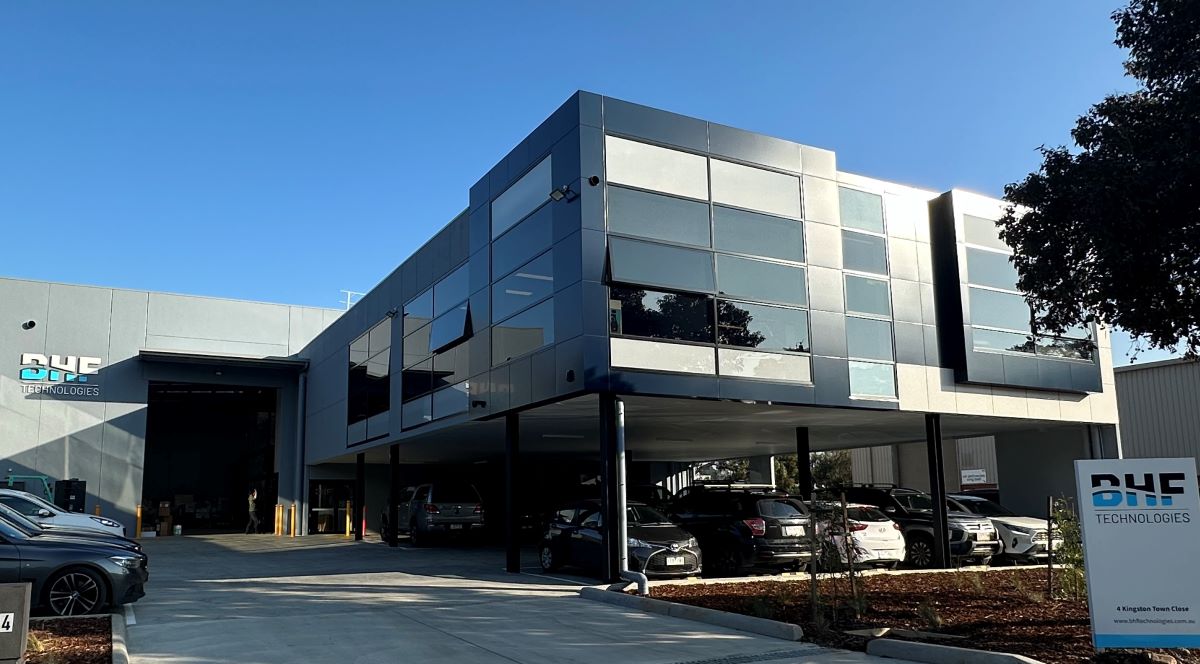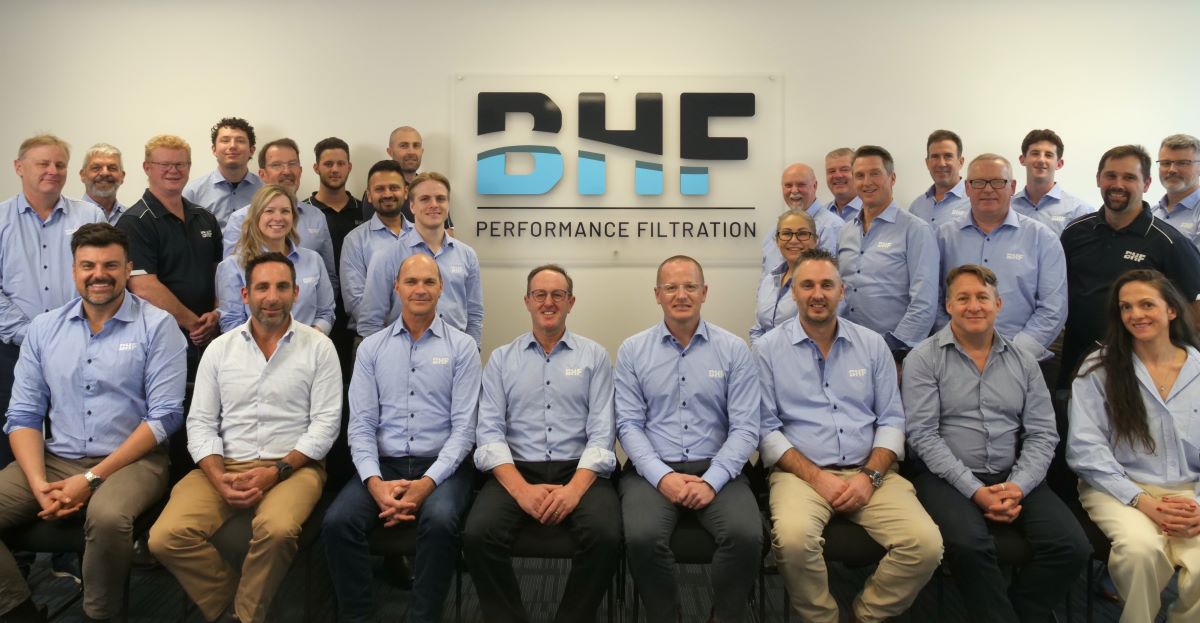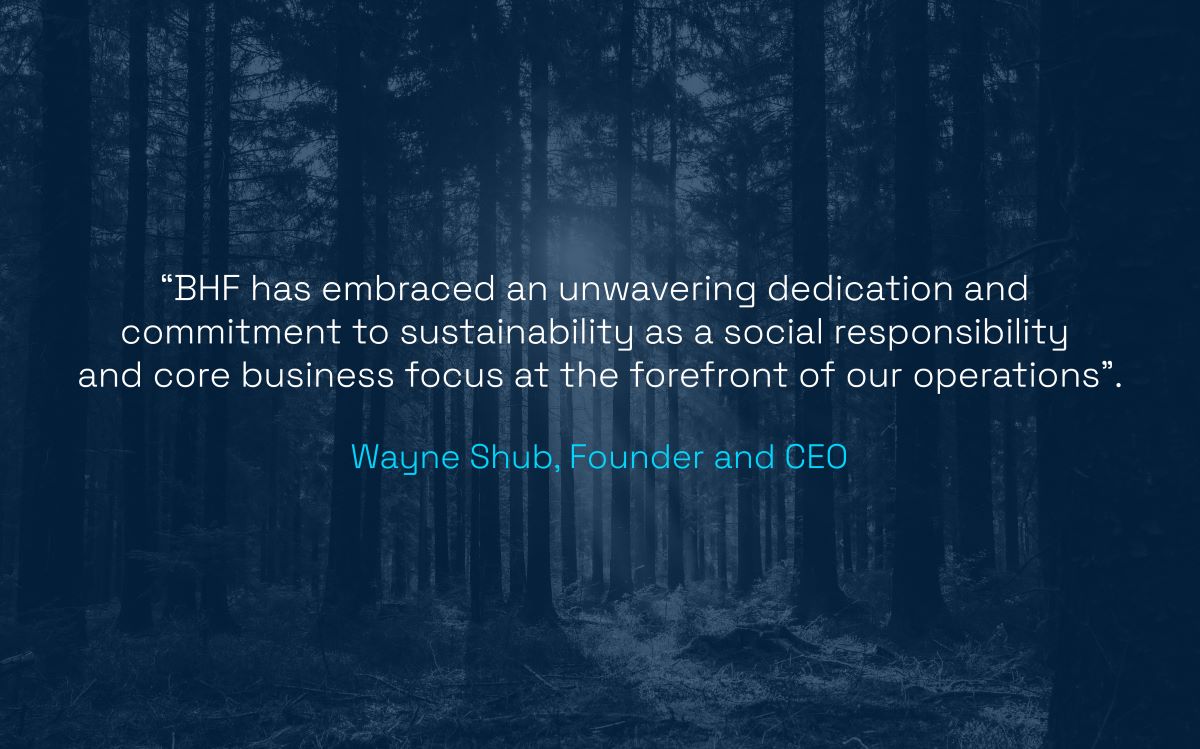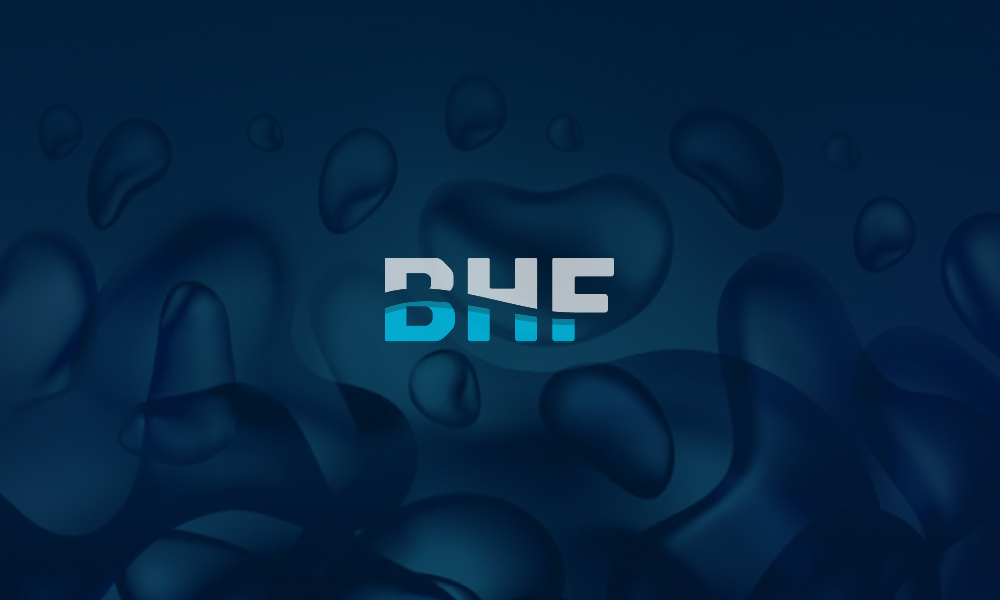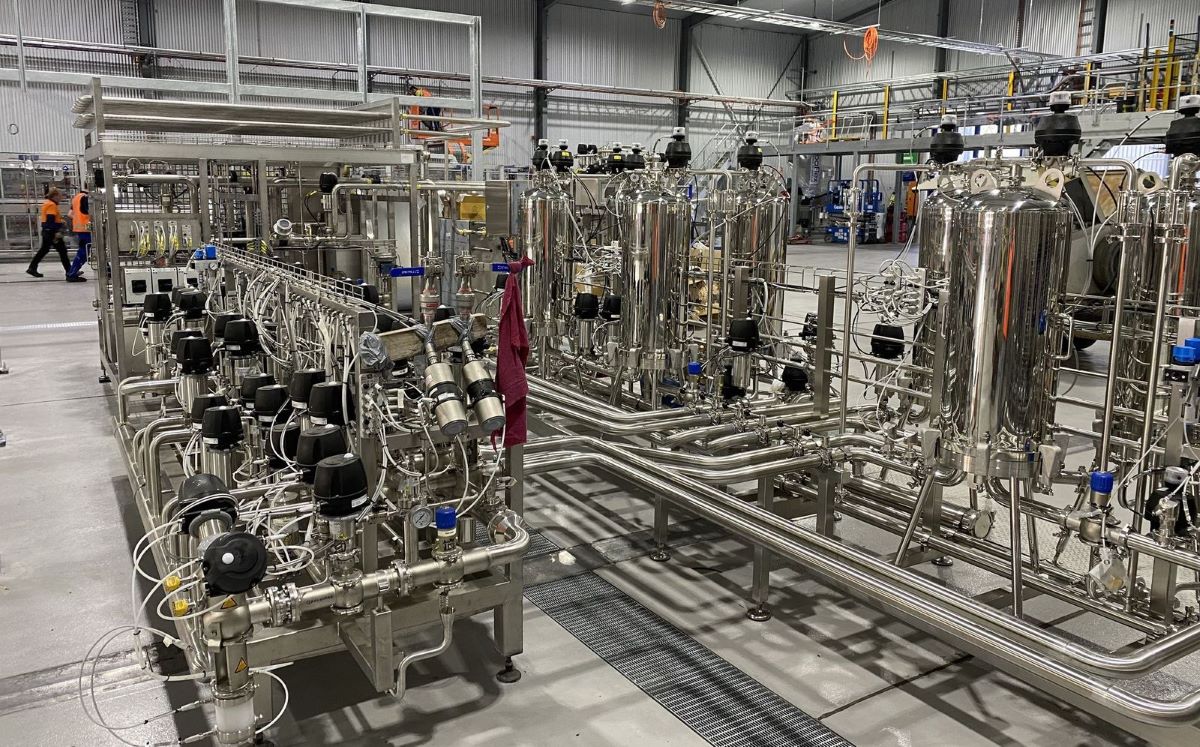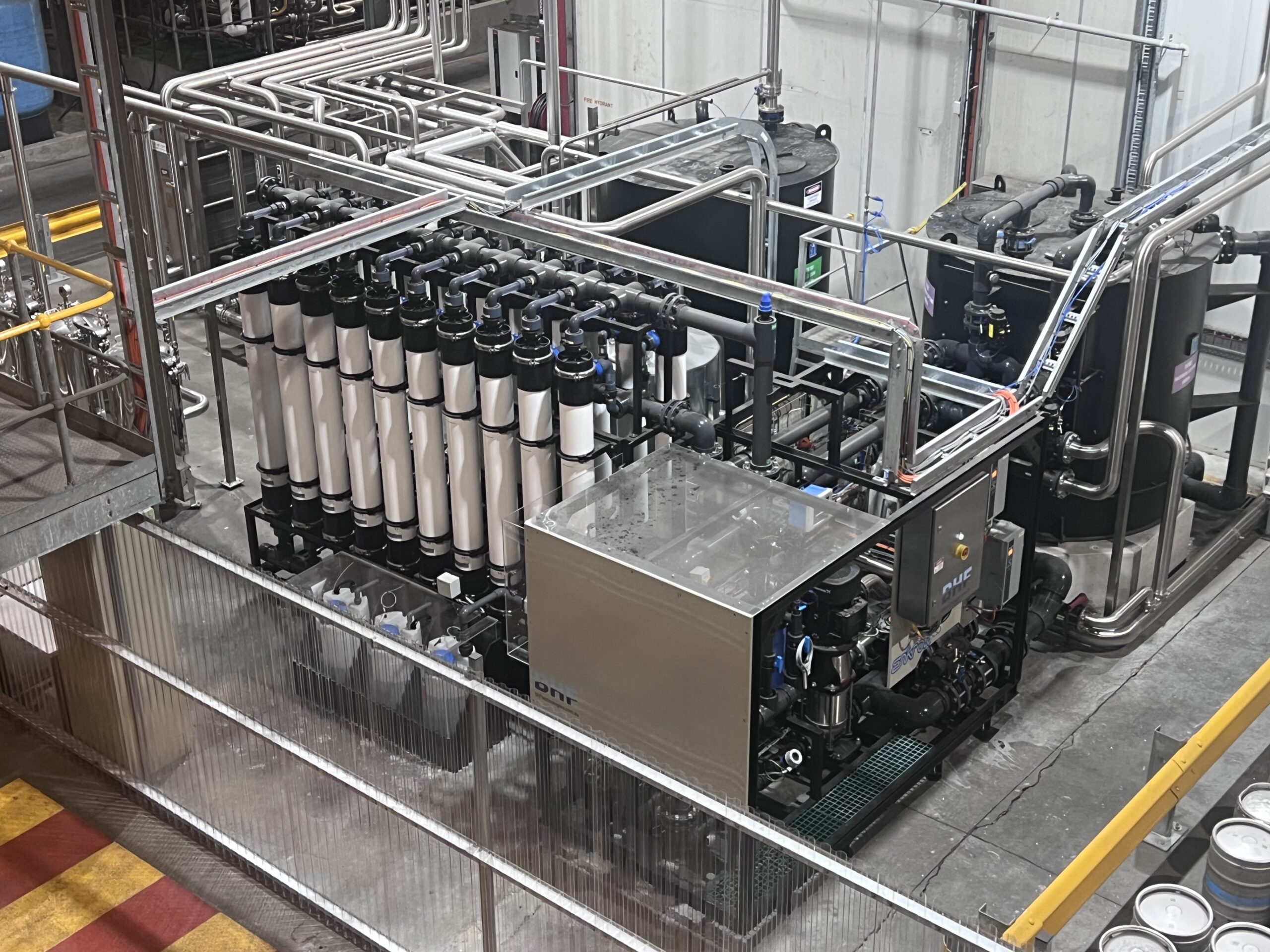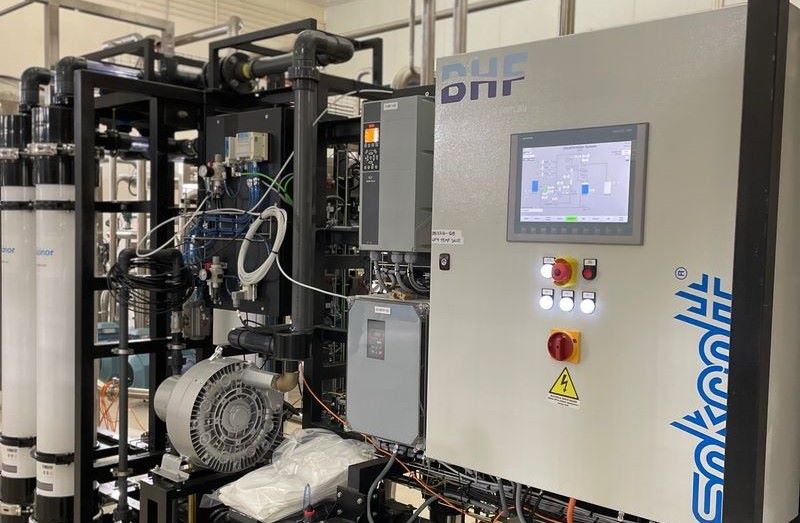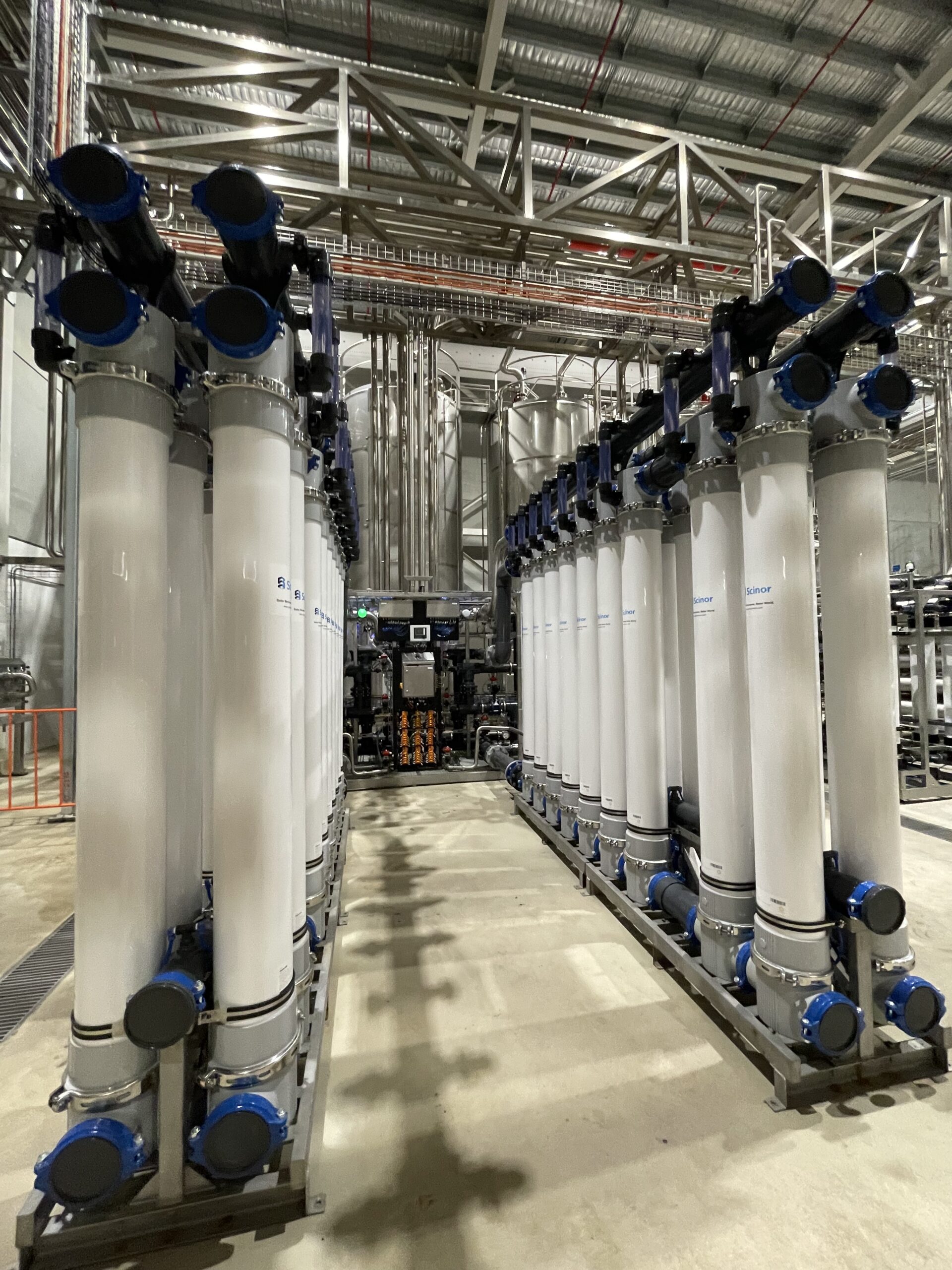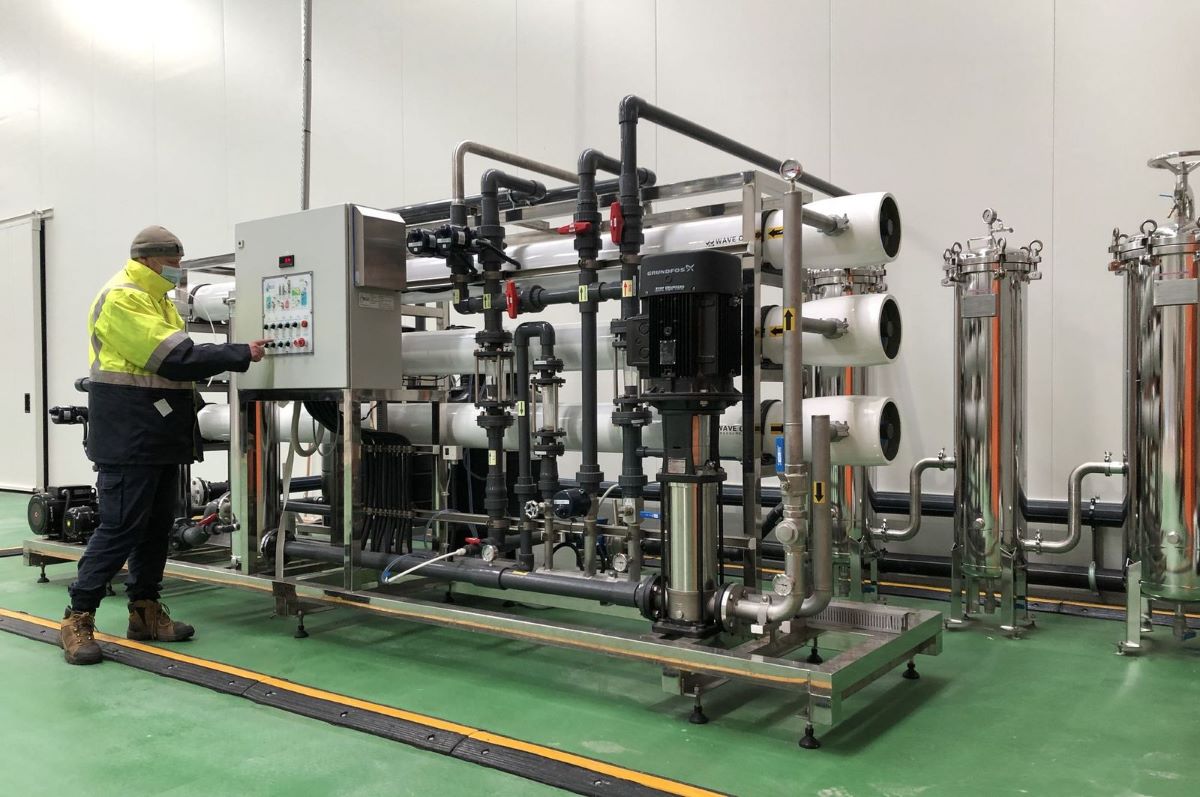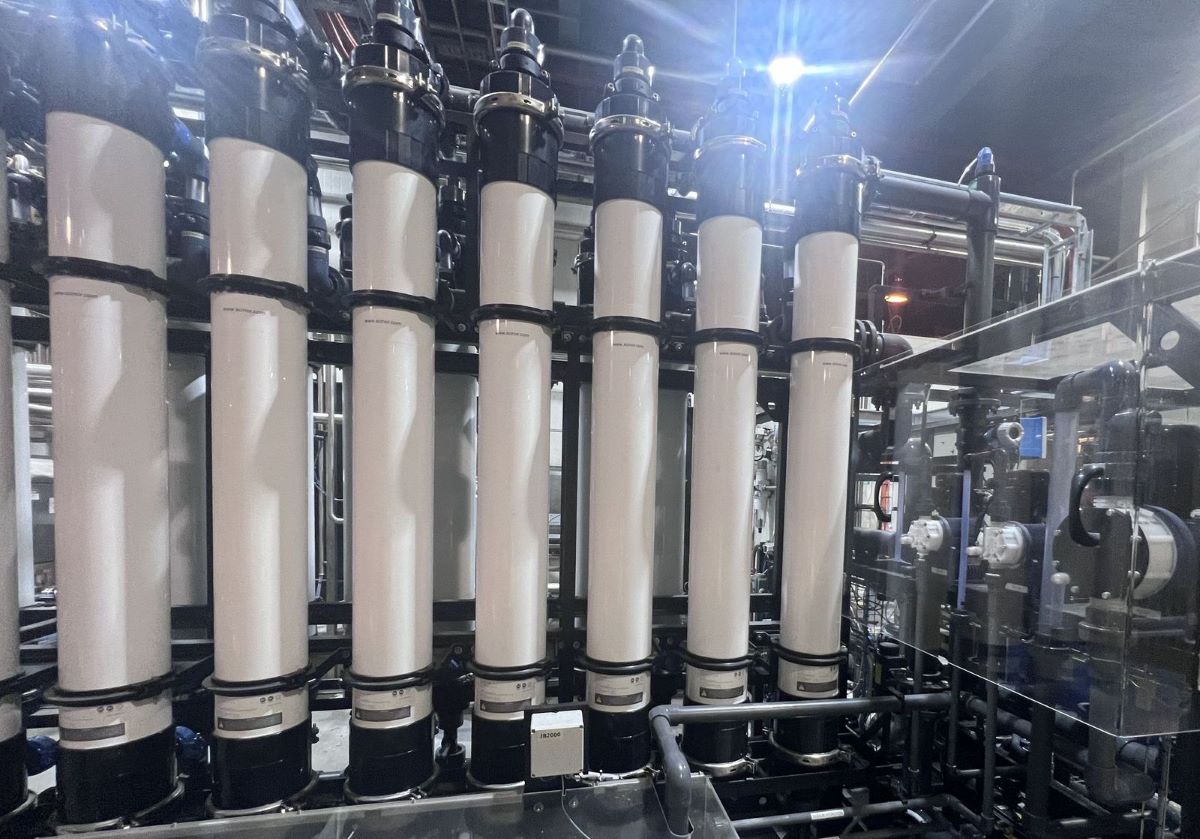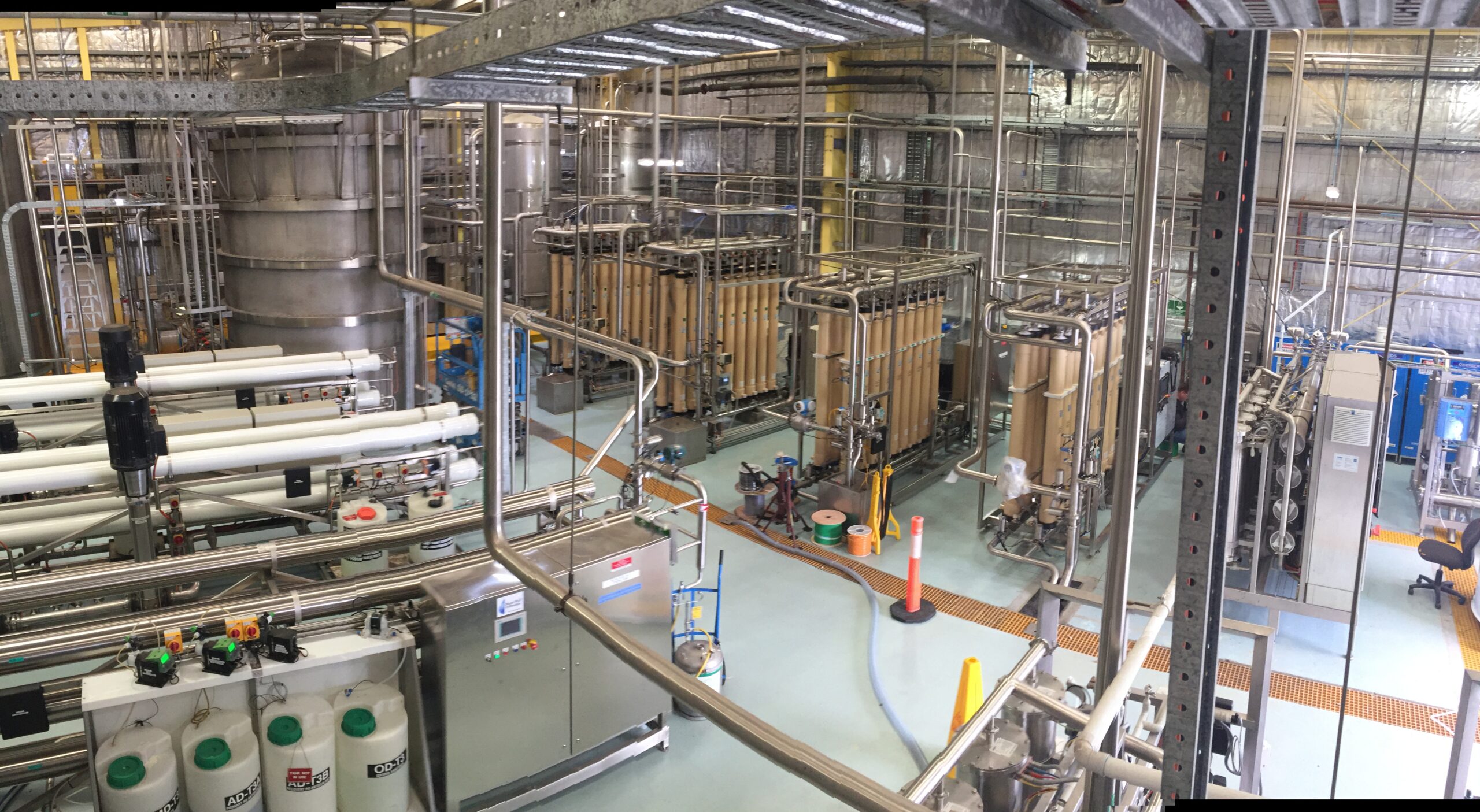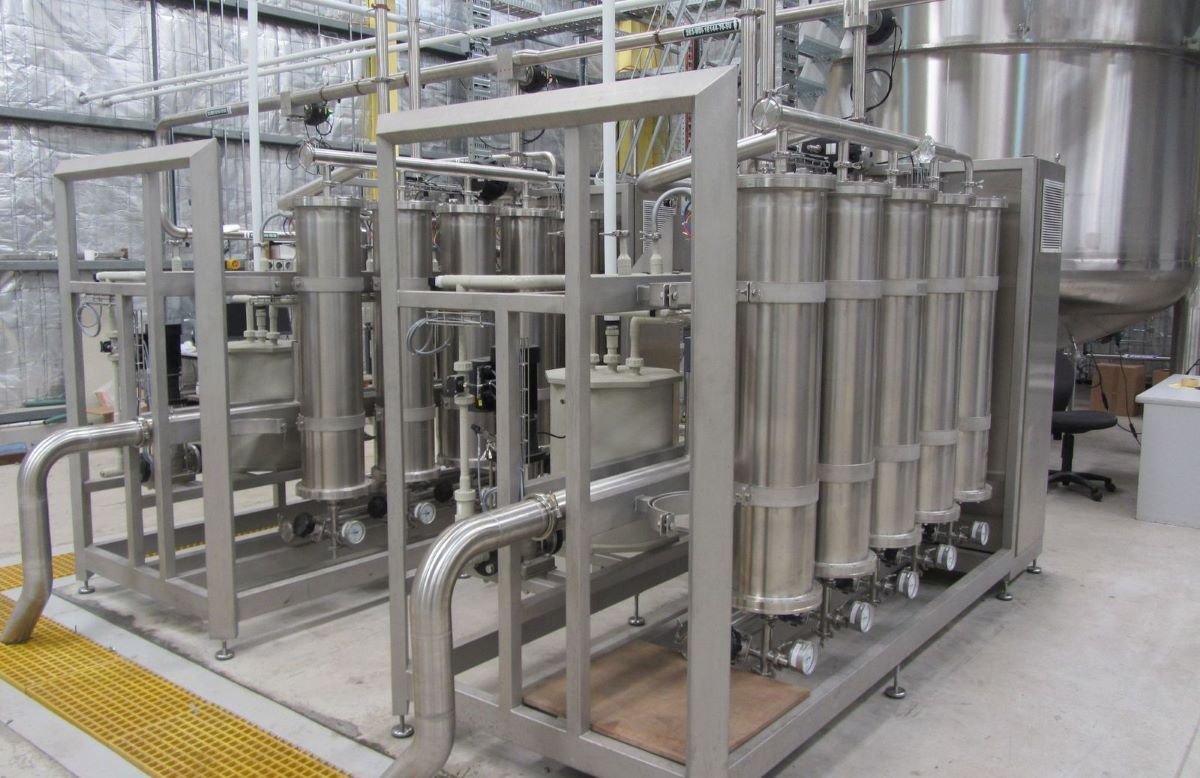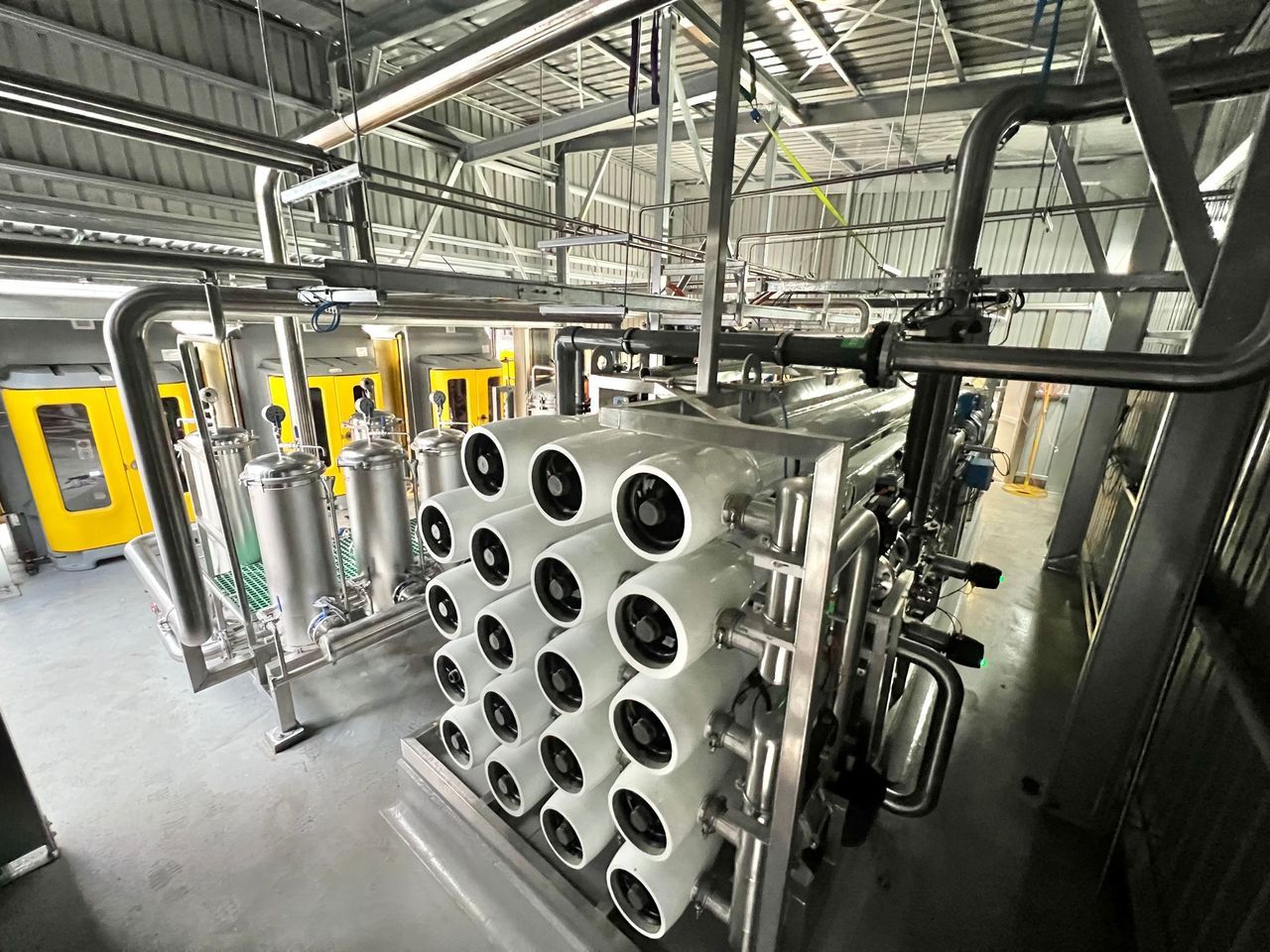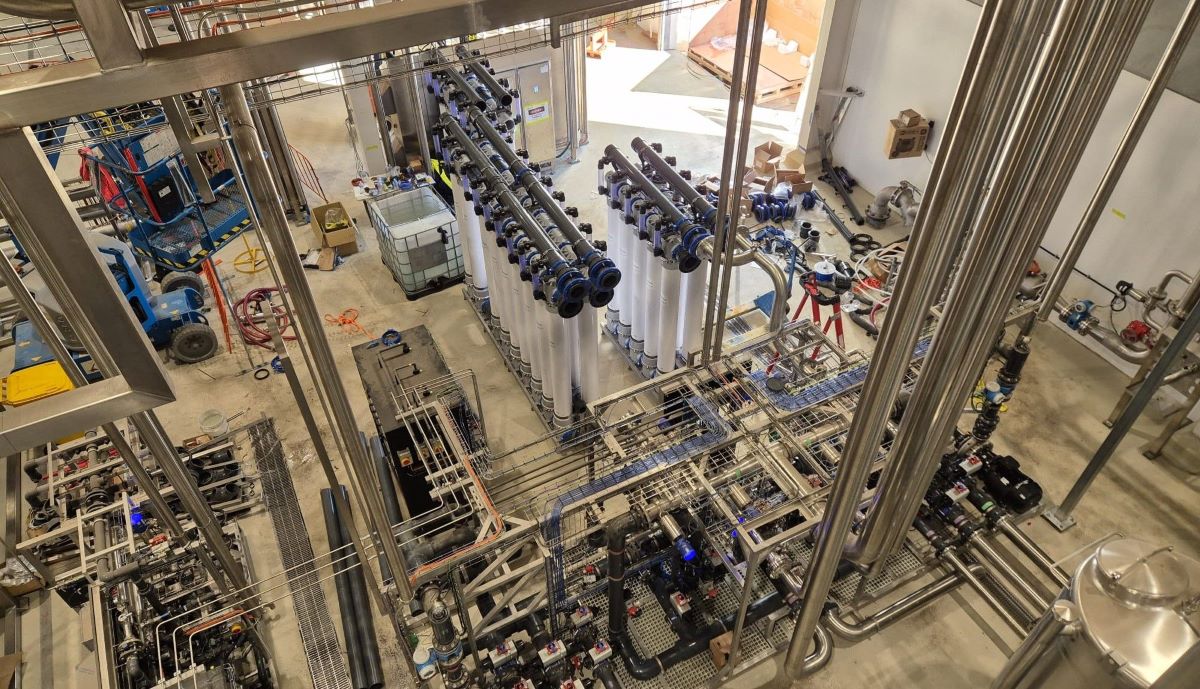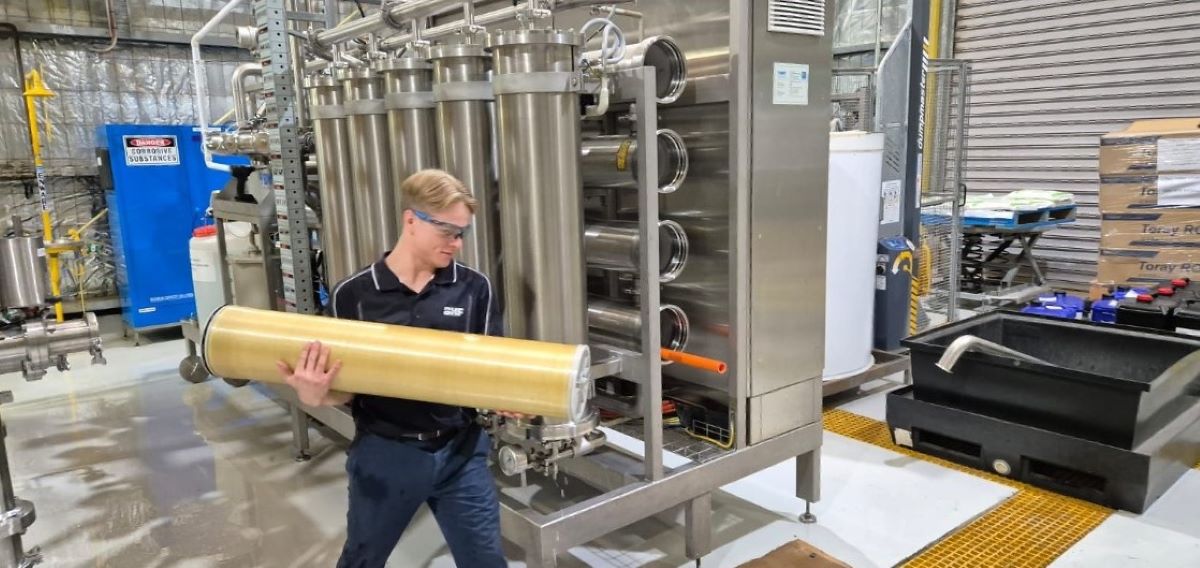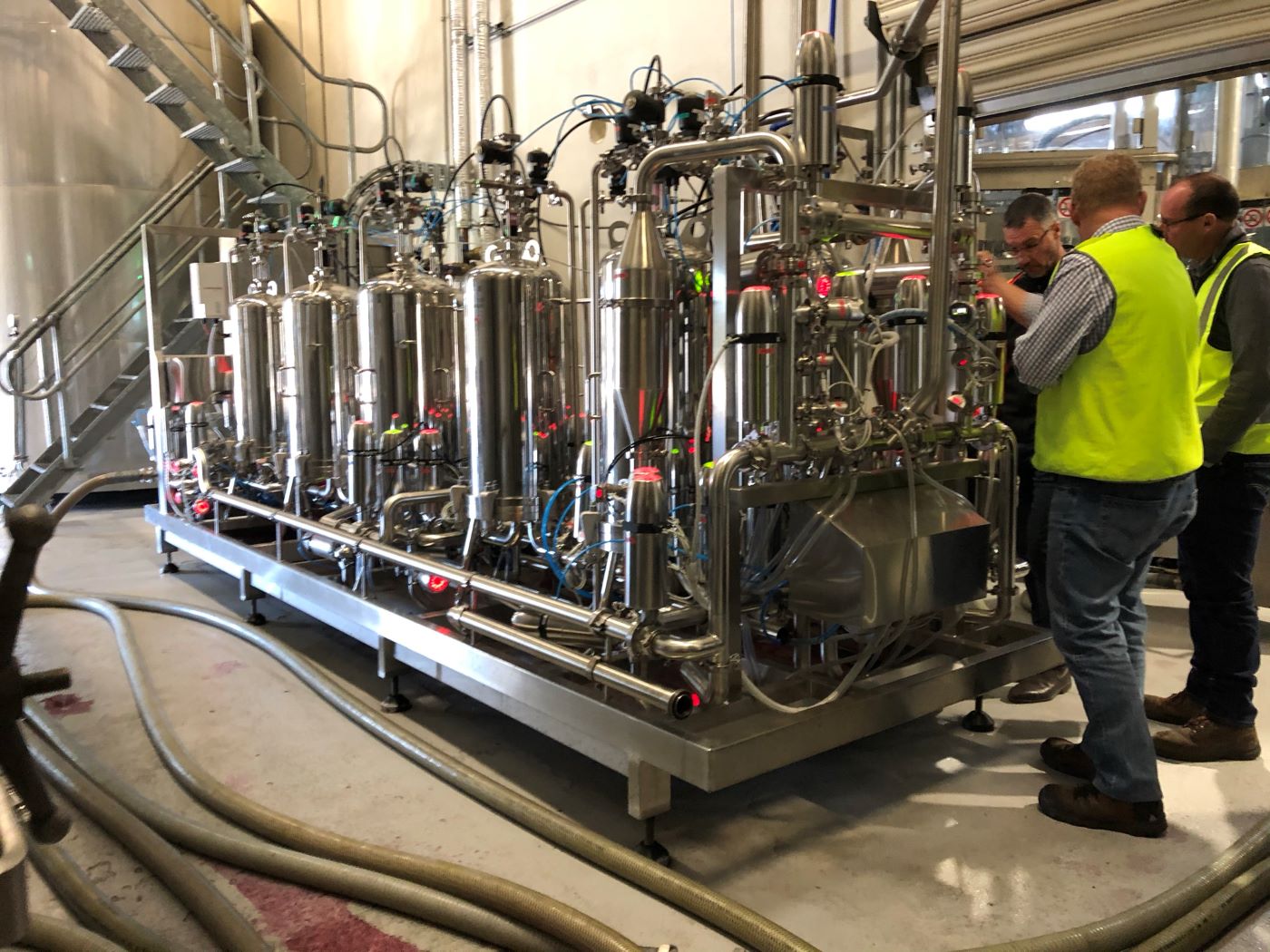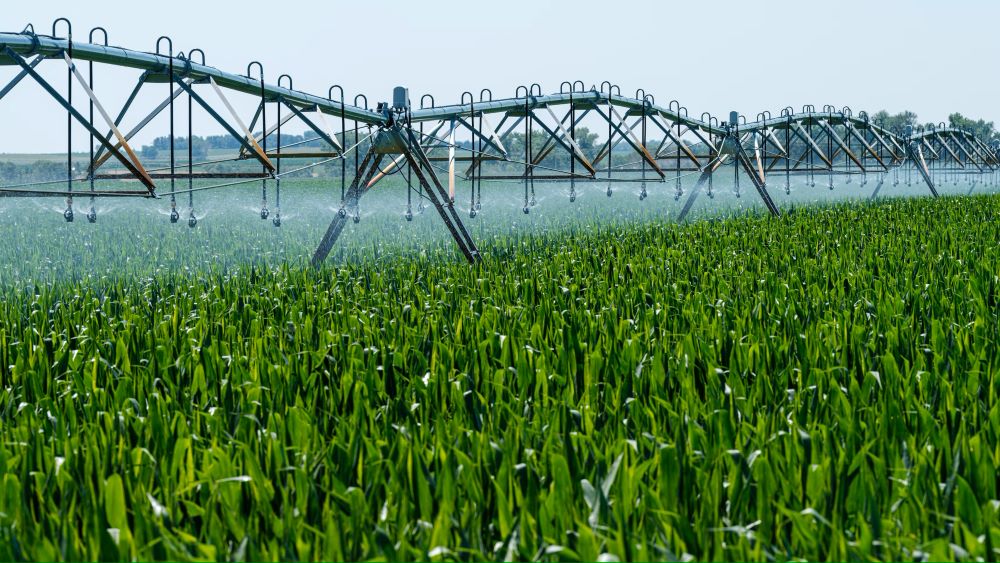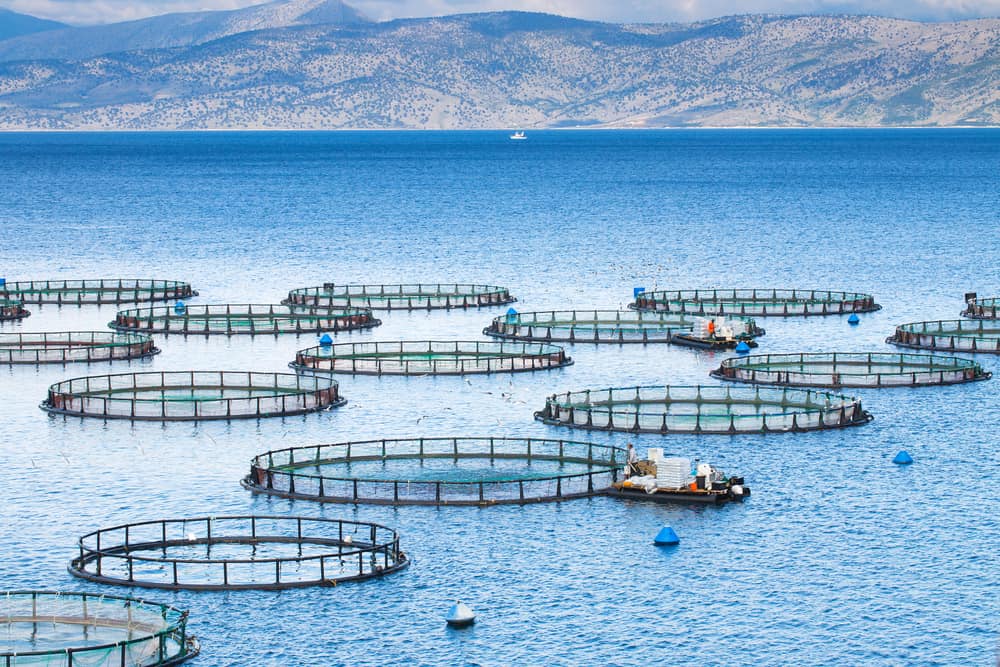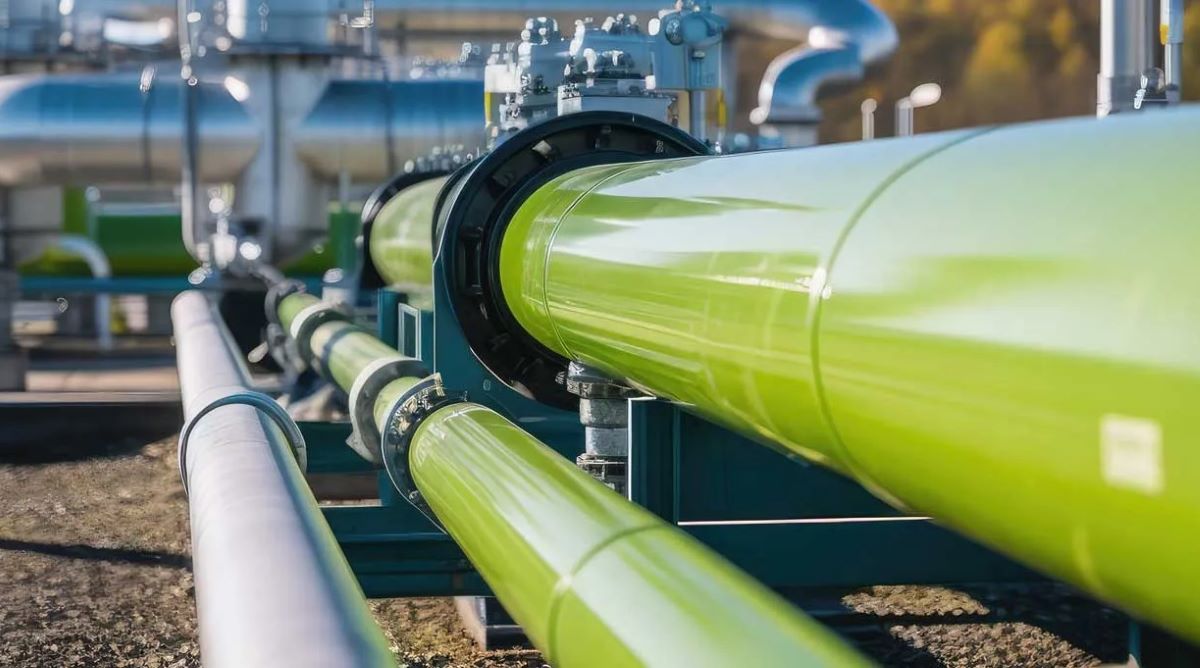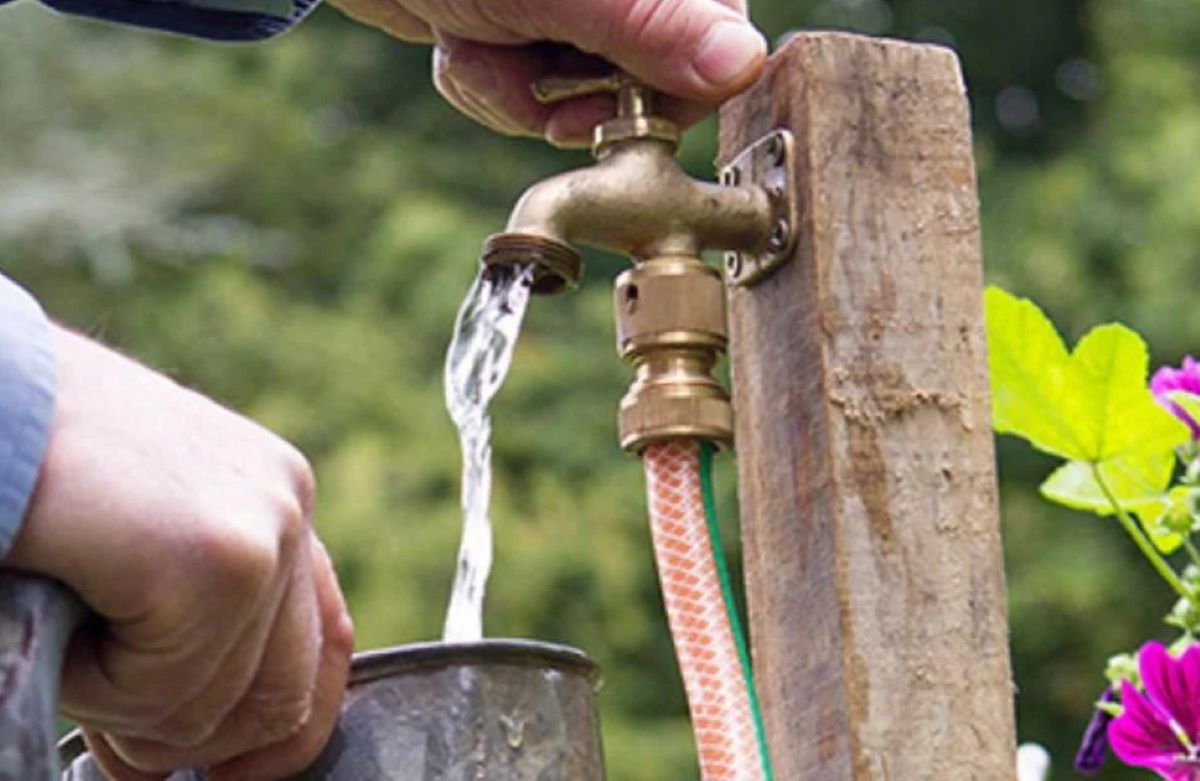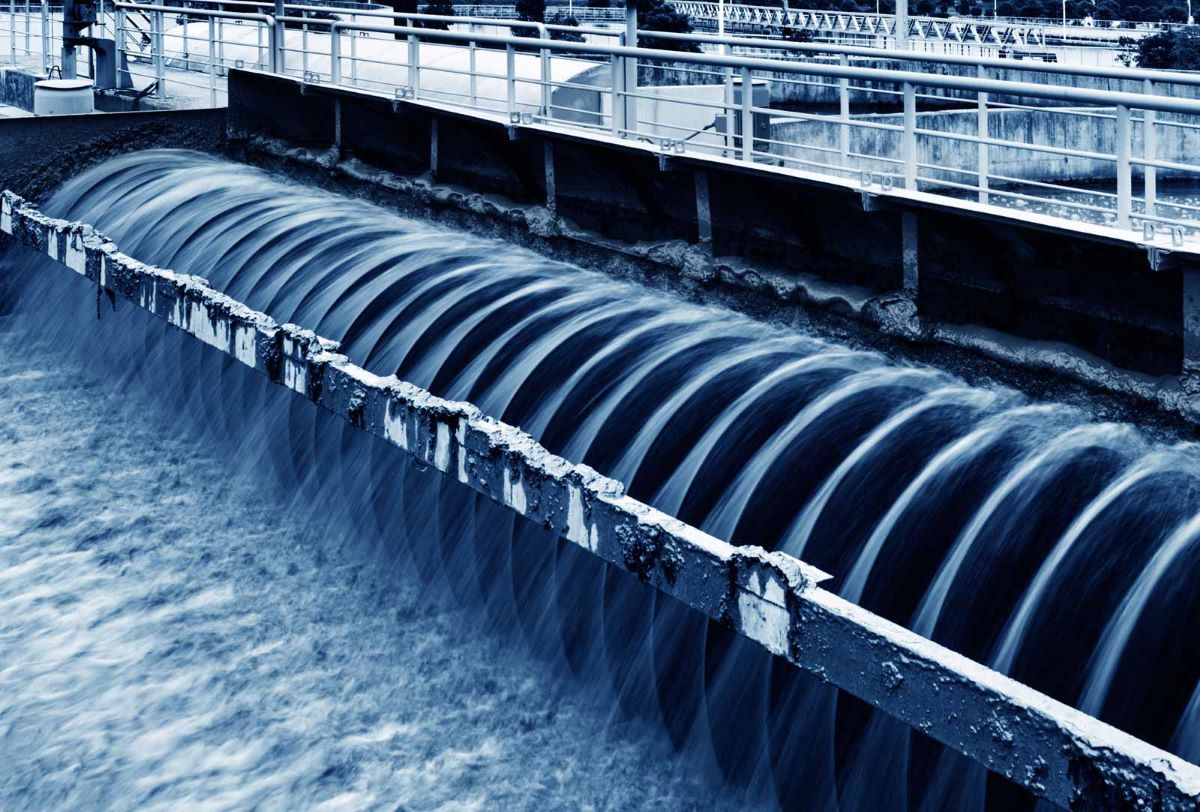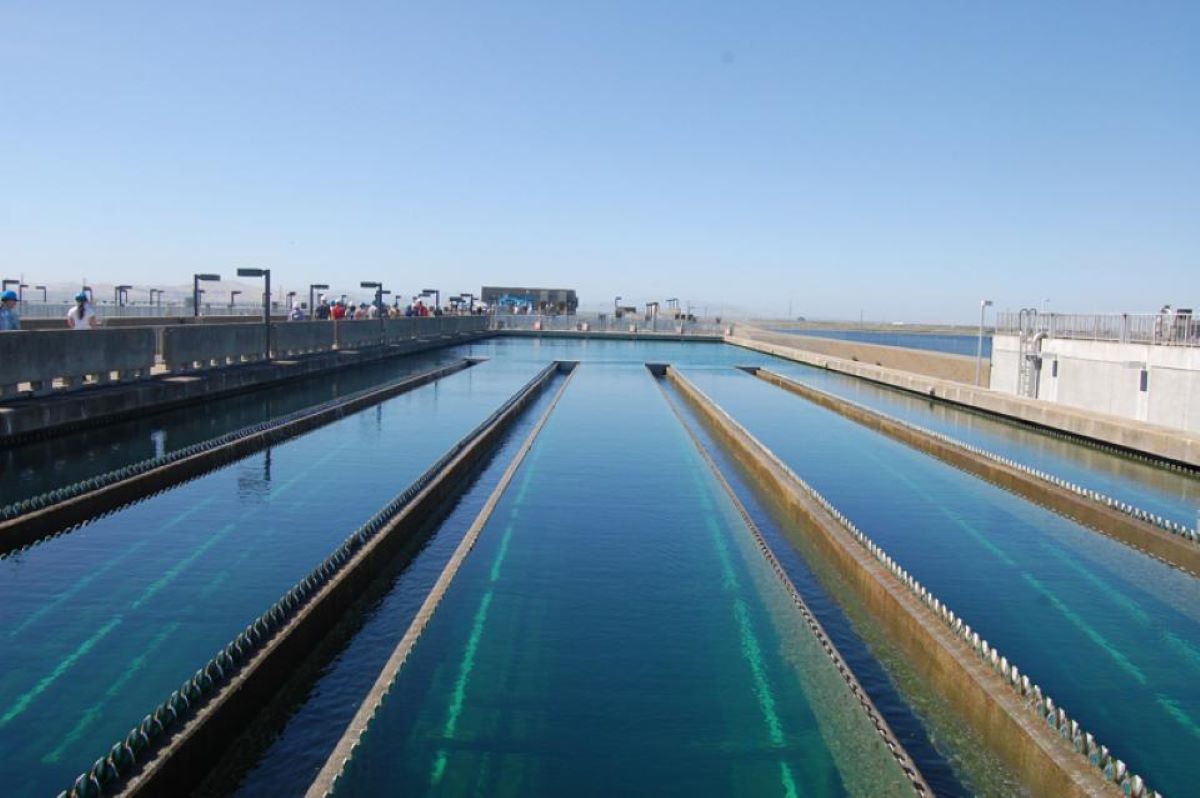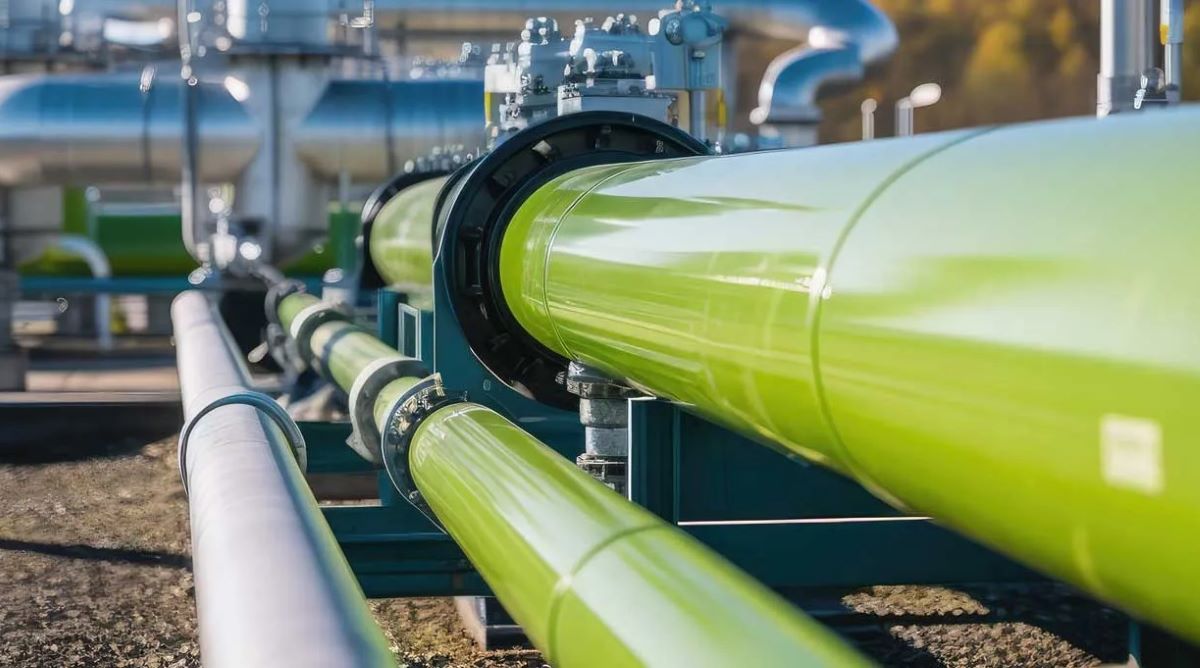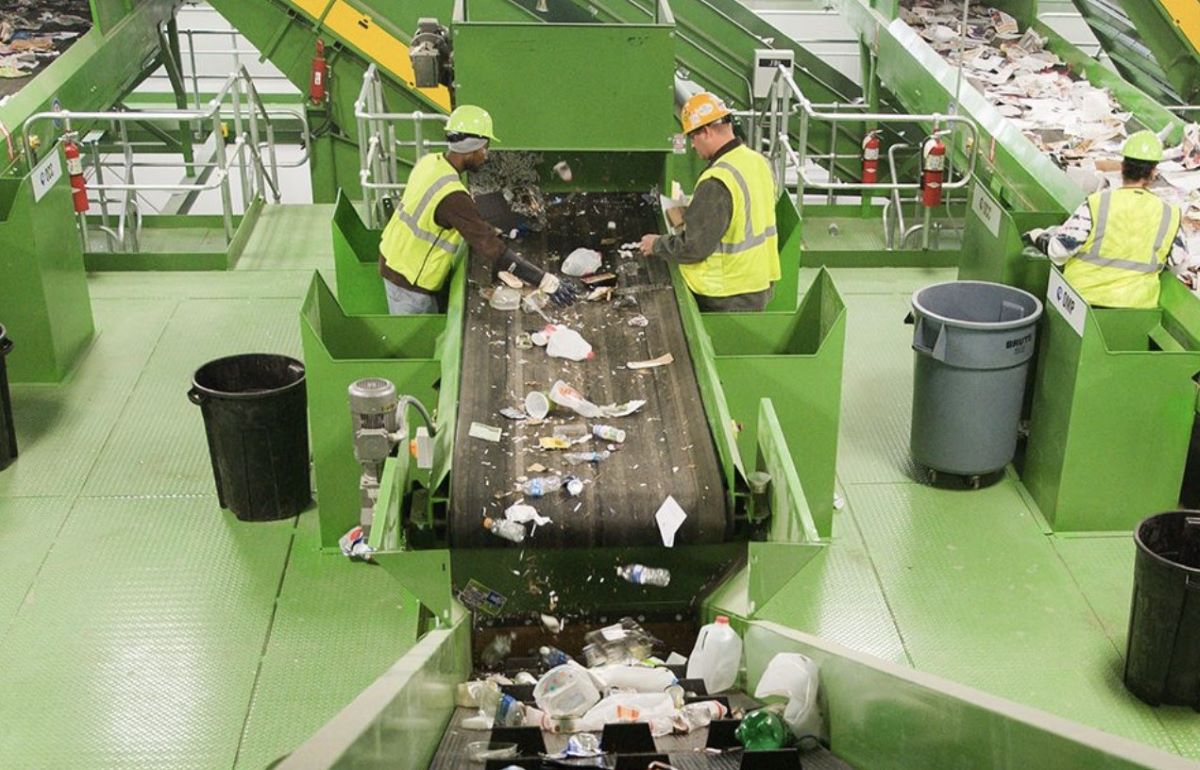Leveraging AI for Efficiency, Sustainability, and Cost Savings in Process Engineering
As the filtration and purification industry embraces digital transformation, artificial intelligence (AI) has emerged as a game-changing technology poised to reshape process engineering. For filtration and purification suppliers like BHF Technologies, AI-driven innovations are not only transforming product and system functionality but also optimising entire operational processes. This shift to AI enhances efficiency, energy management, and maintenance practices, ultimately lowering costs while supporting sustainable practices. Here, we explore the key AI-powered advancements revolutionising process engineering, with a focus on efficiency, energy conservation, and intelligent cleaning and maintenance.

Predictive Maintenance: Reducing Downtime and Prolonging Equipment Life
Traditionally, maintenance schedules in process engineering have been either routine or reactive. AI introduces a smarter approach with predictive maintenance. Using real-time data and advanced analytics, AI systems can monitor equipment performance, identify early signs of wear or malfunction, and predict maintenance needs before issues become critical.
For filtration systems, this means:
- Decreased Downtime: Predictive maintenance minimises unexpected breakdowns, keeping operations running smoothly. According to a Deloitte’s report, predicting failures via advanced analytics can increase equipment uptime by up to 20%.
- Extended Equipment Lifespan: Catching wear and tear early allows for timely intervention, extending the life of expensive filtration equipment.
- Cost Savings: By reducing unplanned repairs and optimising the use of replacement parts, predictive maintenance leads to lower overall maintenance costs.
A recent study by McKinsey estimates that predictive maintenance can reduce breakdowns by 70% and lower maintenance costs by up to 25%. Filtration suppliers incorporating predictive maintenance algorithms into products add significant value for customers seeking enhanced reliability and efficiency.
Energy Efficiency: Optimising Power Use for Lower Operational Costs
Energy consumption is a significant expense in filtration and purification processes, especially for large-scale operations. AI can optimise energy usage in several ways, helping reduce costs and environmental impact. By analysing equipment data, environmental conditions, and usage patterns, AI systems can make dynamic adjustments to minimise power usage without sacrificing performance.
- Adaptive Power Management: AI systems can optimise power use based on real-time demands, ensuring that equipment only uses energy when necessary. This is particularly useful in peak-demand scenarios, where small adjustments can lead to substantial savings.
- Real-time Monitoring and Adjustment: AI-powered systems can continuously monitor operational parameters, such as flow rates and pressure, and adjust them to the optimal settings for energy conservation.
- Reduced Carbon Footprint: For companies aiming to meet sustainability goals, AI-driven energy optimisation aligns with green initiatives, reducing both operating costs and environmental impact.
According to the International Energy Agency, industries that adopt AI-driven energy management can see energy efficiency improvements of up to 20%, underscoring AI’s role in meeting global sustainability targets. For some companies, offering energy-efficient solutions enhanced by AI can set them apart in a competitive market focused on sustainability.
Intelligent Cleaning Processes: Reducing Water and Chemical Use
Cleaning-in-place (CIP) processes are essential for maintaining hygiene and efficiency in filtration systems, especially in industries such as food and beverage, pharmaceuticals, and bioprocessing. However, traditional cleaning methods are resource-intensive, using substantial amounts of water, chemicals, and energy. AI-enhanced CIP systems improve this process by intelligently assessing when and how much cleaning is necessary, rather than relying on fixed schedules.
- Smart Scheduling: AI algorithms can analyse data on residue build-up and fouling patterns to determine the most effective cleaning schedule. This reduces unnecessary cleaning cycles, saving both water and chemicals.
- Adaptive Cleaning Cycles: AI-powered CIP systems can dynamically adjust cleaning parameters, such as flow rate and chemical concentration, based on real-time conditions. This tailored approach ensures thorough cleaning with minimal resource use.
- Reduced Downtime for Cleaning: By optimising CIP processes, AI can significantly reduce the time needed for cleaning, boosting productivity by minimising downtime.
Quality Control and Process Optimisation: Ensuring Consistent Results
AI is also making strides in quality control and process optimisation by improving real-time monitoring and automation capabilities. In industries where precision and consistency are paramount, such as pharmaceuticals or high-purity water treatment, AI-driven quality control ensures that filtration processes maintain the highest standards.
- Real-Time Monitoring: AI systems can process data from sensors in real-time, immediately detecting deviations in quality parameters like particle size, flow rate, or pressure. This ensures that any quality issues are caught early and addressed immediately.
- Process Automation: AI-powered filtration systems can make instantaneous adjustments to optimise filtration performance, improving consistency and reducing human error.
- Reduced Waste and Reprocessing: By maintaining strict control over quality parameters, AI-driven systems help reduce waste, minimising the need for reprocessing and the associated costs.
For filtration and purification suppliers, AI-powered quality control offers a distinct competitive advantage. According to an industry report from Deloitte, companies implementing AI-based quality control experience up to a 40% reduction in rework and waste, directly improving operational efficiency.
Data-Driven Decision-Making: Enhancing Operational Visibility and Strategic Planning
One of AI’s most impactful contributions to process engineering is the ability to convert vast amounts of operational data into actionable insights. By consolidating and analysing data from across the operation, AI helps process engineers make more informed, data-driven decisions that enhance efficiency, safety, and productivity.
- Enhanced Operational Visibility: AI systems can aggregate data from various sources, offering engineers and managers a unified view of operational metrics. This transparency allows for proactive management of bottlenecks and inefficiencies.
- Informed Strategic Planning: With access to comprehensive data insights, companies can better plan for future capacity needs, equipment investments, and other strategic initiatives.
- Performance Benchmarking: By comparing performance metrics across different times or locations, AI can help identify best practices and areas for improvement, supporting continuous process optimisation.
For suppliers, enabling AI-based analytics within filtration systems adds significant value, offering customers the ability to optimise their operations continuously. Various reports reveal that data-driven decision-making can boost overall operational productivity significantly, underscoring the potential of AI analytics in enhancing process performance.
AI Adoption in Filtration and Purification: Moving from Theory to Practice
Integrating AI into filtration and purification systems requires a blend of specialised knowledge in AI, data management, and process engineering. However, with advancements in machine learning algorithms, IoT connectivity, and cloud-based data solutions, AI integration is becoming more feasible and accessible. Many filtration suppliers are now investing in partnerships with AI technology providers, enabling them to develop smarter, more efficient products that can automatically adjust to optimise performance. BHF are award winners in the innovation space and AI is a current area of focus for the business. We look forward to sharing updates on progress in due course.
AI-driven innovations in process engineering are opening new possibilities for filtration and purification suppliers, bringing increased efficiency, energy savings, and improved maintenance practices. By adopting AI, filtration companies can not only improve their products but also support their customers’ goals for sustainability, reliability, and cost-effectiveness. The move to AI isn’t just an investment in technology—it’s a strategic leap toward a more sustainable, efficient, and data-driven future in process engineering.
